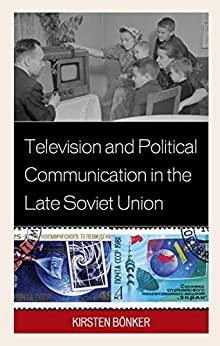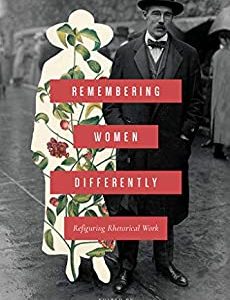This study focuses on Soviet television audiences and examines their watching habits and the way they made use of television programs. Kirsten Bönker challenges the common misconception that viewers perceived Soviet television programming and entertainment culture as dull and formulaic. This study draws extensively on archival sources and oral history interviews to analyze how Soviet television involved audiences in political communication and how it addressed audiences’ emotional commitments to Soviet values and the Soviet way of life. Bönker argues that the Brezhnev era influenced political stability and brought an unprecedented rise of the living standards, creating new meanings for consumerism, the idea of the “home,” and private life among Soviet citizens. Exploring the concept of emotional bonding, this study engages broader discussions on the durability of the Soviet Union until perestroika.
-65%
EBOOK PDF
Television and Political Communication in the Late Soviet Union
$90.00 $31.50
Please note this is an Ebook, not a Paperback Or Audio Book!
SKU: B089D1SM5H
Category: History











